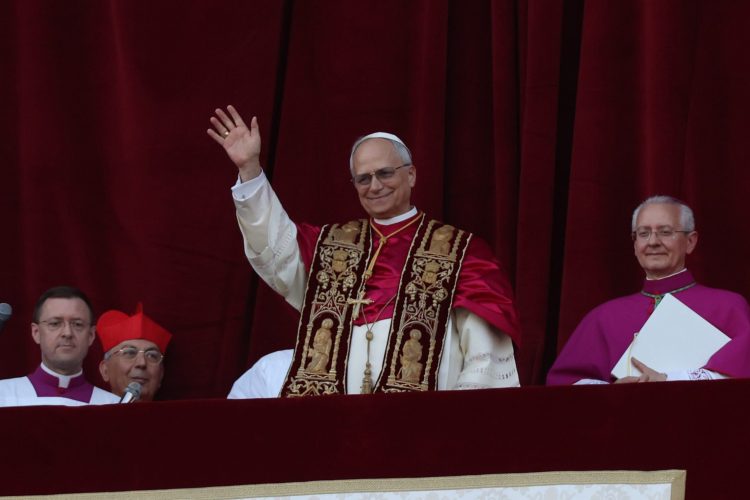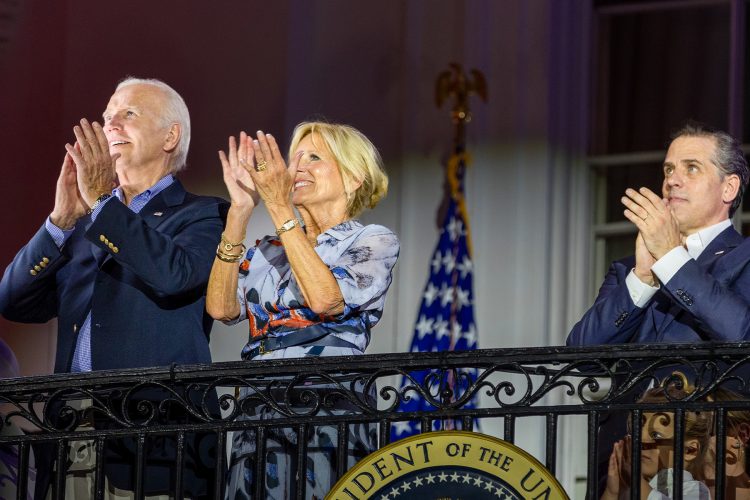
As Mark Twain might put it, the reports of the death of the American moviegoing public seem to have been greatly exaggerated.
The recently flailing Warner Bros. Pictures found its footing these past couple months with the box-office success of A Minecraft Movie, Sinners, and (of all things) Final Destination: Bloodlines. Meanwhile, I am certain that a sizable portion of Earth’s eight billion inhabitants have already surrendered over three hours of their lives (including trailers) to Mission: Impossible—The Final Reckoning, which, with its opening this Memorial Day weekend, will undoubtedly provide a vigorous launch to the summer movie season.
Is Hollywood’s comeback permanent, or is it the cinematic equivalent of an election night map that for a few hours suggests victory but ultimately ends in defeat?
I tend to think the latter. Yes, the aforementioned flicks had the advantage of not being tethered to the comic book universes, but how long will audiences reward the studios simply on those feeble grounds? To make a movie superior to Madame Web or Ant-Man and the Wasp: Quantumania is an awfully low bar to clear. Are we really to believe that the movie industry will find lasting salvation in such forthcoming aspirant blockbusters as Smurfs, or in the reboots Jurassic World Rebirth, I Know What You Did Last Summer, The Naked Gun, and Freakier Friday? Oh, and that thing about comic book movies being played out—well, someone forgot to tell the people who greenlit Superman and The Fantastic Four: First Steps. To paraphrase another American literary giant, so we beat on, borne back ceaselessly into the superheroic past.
Some may call me churlish, contrarian, or simply cynical, but I prefer to think of myself as simply old—old enough, anyway, to remember with clarity the summer movie season of twenty-five years ago, which was considerably more dynamic, entertaining, and occasionally artful than the present one promises to be.
Let us consider, then, some of the movies released in the summer of 2000.
One of the highlights of the season was Woody Allen’s Small Time Crooks, which opened ten nights before Memorial Day but which, by every other measure, embodied what summer moviegoing represented at its best: uncomplicated, unadulterated diversion. Its pleasures were small-scale but tangible. Allen starred as the incompetent impresario of a cadre of cons who set their sights on robbing a bank. They intend to tunnel into the vault by way of their nearby cookie shop, but even their ostentatiously obtuse employee May (played by Elaine May, never funnier) questions the believability of the cover story. Told that the tunnel represents the cookie shop’s expansion into a restaurant and tea shop, she says, “So where are they going to drink the tea—in the tunnel?”
One measure of the decline of summer movies is that Small Time Crooks was a modest box-office success a quarter-century ago, but this summer Woody Allen, officially canceled from mainstream film production, will not be seen on movie screens at all.
Lest you assume that my tastes ran exclusively toward the wittily piquant, I also saw and enjoyed Mission: Impossible 2, which at least had the advantage of being fresher—and closer in time to the original film—than the forthcoming eighth entrant in the series. I remember being riveted by the sea-based disaster movie The Perfect Storm, which was directed by action pro Wolfgang Petersen and starred George Clooney when he was merely an OK actor rather than the self-appointed Democratic power broker and conscience of his nation. That summer, Ridley Scott’s Gladiator was still playing in theaters, too—the thought of pulling that audience favorite in favor of a premature home video release was then unimaginable.
Meanwhile, the ghost story What Lies Beneath showed off the incomparable cinematic skillset of director Robert Zemeckis and revealed the surprising capacity for playing an evil character in leading man Harrison Ford. Like What Lies Beneath, Clint Eastwood’s Space Cowboys has stood the test of time: this admirable admixture of comedy and adventure centered on a quartet of put-out-to-pasture test pilots (Eastwood, Tommy Lee Jones, Donald Sutherland, and James Garner) who are propelled into outer space. Space Cowboys was arguably made two decades too early: Eastwood and Jones are still kicking, and Sutherland died just last year. Given the industry’s hunger for sequels, I must ask why no studio has seen fit to greenlight Space Cowboys 2?
Subscribe Today
Get daily emails in your inbox
Each of these motion pictures was not only profitable but creditable: well-made, agreeable, diverting in the best tradition of Hollywood showmanship and spectacle. Was the public subjected to junk in the summer of 2000? Of course. That summer saw the release of Scary Movie and The Adventures of Rocky and Bullwinkle, which proves that some things never change. But that summer also saw the release of niche titles that would not even be produced, let alone dispatched to a handful of theaters, in 2025, including Raul Ruiz’s imaginative abridgement of Proust, Time Regained; Alan Rudolph’s way-out ensemble mystery, Trixie; Kenneth Branagh’s gleamingly filmed, gorgeously scored musical rendition of Shakespeare’s Love’s Labour’s Lost. I caught some of these only upon video release, but the fact remains that each was playing in a theater somewhere during the magical cinematic summer of 2000—a circumstance unimaginable in the present environment.
As I said, my perspective is informed by my age. As a sentient being who went to the movies twenty-five years ago, I can attest to the relative quality of the filmic offerings that summer. I can also certify the existence of more, better, and larger newspapers, affirm the fun of the Regis Philbin-hosted Who Wants to be a Millionaire, and confirm the peaceable normalcy of a pre-9/11, pre-Iraq War, pre-George W. Bush America. For my liberal friends, consider: Donald Trump was neither on reality TV nor in the White House back then—he was merely managing real estate from Trump Tower. Perhaps now you can see why I greet the coming movie season with blasé indifference. I’m sure Hollywood would trade the eighth Mission: Impossible movie for this former, better world—wouldn’t you?
I do not claim that the summer of 2000 gave us any movie masterpieces, but to the extent that the releases that season stand as emblems of a vanished epoch, I will continue to cling to them—their ticket stubs a Proustian reminder of all we have lost.


